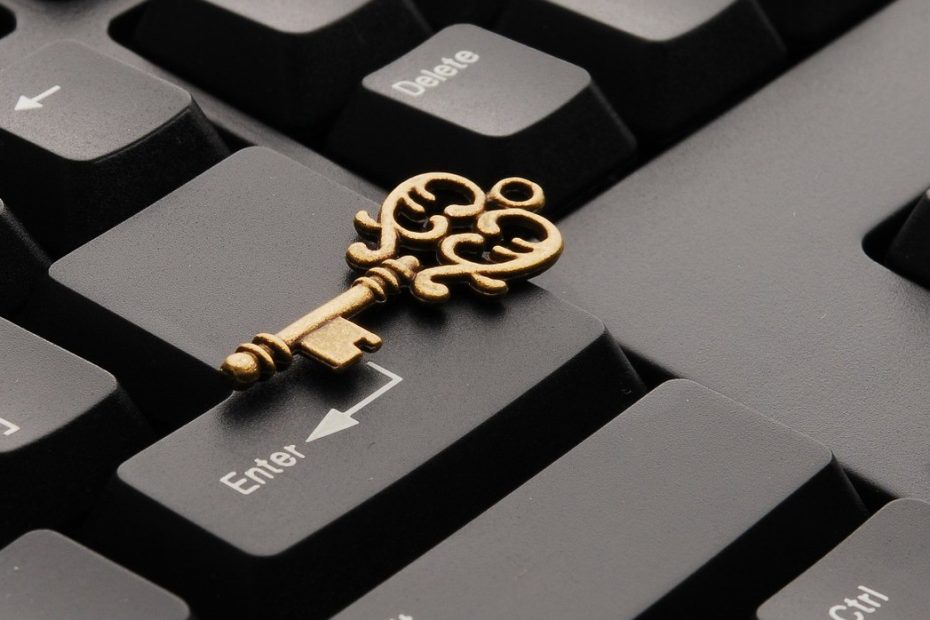4 out of 5 hacking-related breaches in some way use stolen or weak passwords. Mostly, the targets aren’t huge companies with their security department, but small to mid-size businesses that don’t have the resources to have a whole team on it.
Reusing passwords is more dangerous for marketers
When you sit on 5-100 user logins to everything from websites to analytics accounts to social media accounts, it’s easy to reuse passwords.
Problem is, when places like LinkedIn get hacked (like with 6,5 million accounts in June 2012), you might not get the memo ASAP, and if you have your business email linked to that account, and use a password there and 20 other places, you are essentially giving access to people with the skills to make a mess of your brand or just drain your credit line on spreading malware links.
The risk with bad password hygiene
It doesn’t matter if you work in-house or in an agency: If you sit on multiple accounts linked to either information, marketing channels, or money, you need to care about password hygiene.
81% of hacking-related breaches leveraged stolen and/or weak passwords.
Verizon’s Data Breach Investigations report, 2017
Even if you don’t reuse your passwords, if you can remember your passwords, they are weak when an algorithm tries to break them. This is why password managers and two-factor authentication are important.
Imagine if your marketing agency rep has “abc123″ as a Facebook password, and a criminal decides to try and get access to her Facebook, only to discover that the password could be cracked in less than 1 second (“abc123″ is one of the most used and most cracked passwords) — then he realizes he just got access to 75 client business ad managers and Facebook pages: How much damage do you think he could do?
“Hackers don’t care about me”
Now you might think that you or your marketing department aren’t interesting to cybercriminals, but email lists with thousands of addresses and admin access to even just five social media accounts are interesting both from an information standpoint and a financial one. Cybercriminals do best when they have access to a commodity that is linked to people and brands: Trust.
